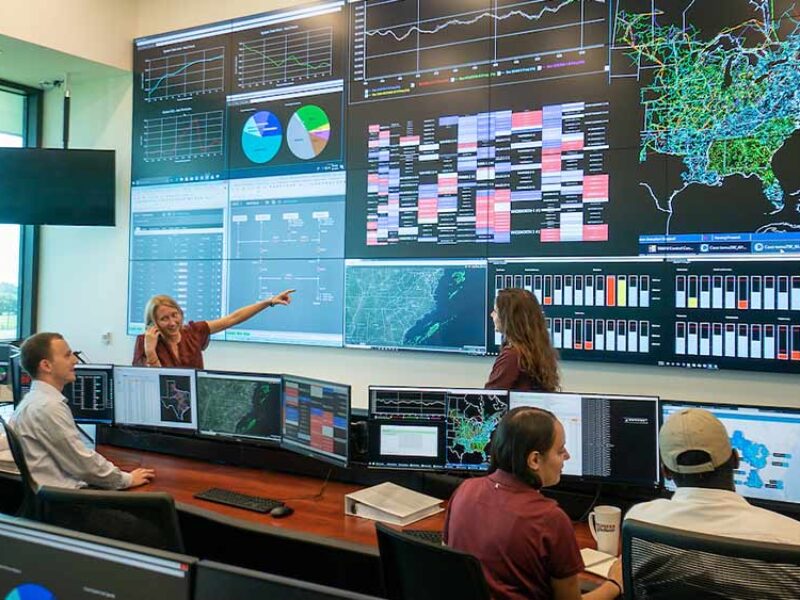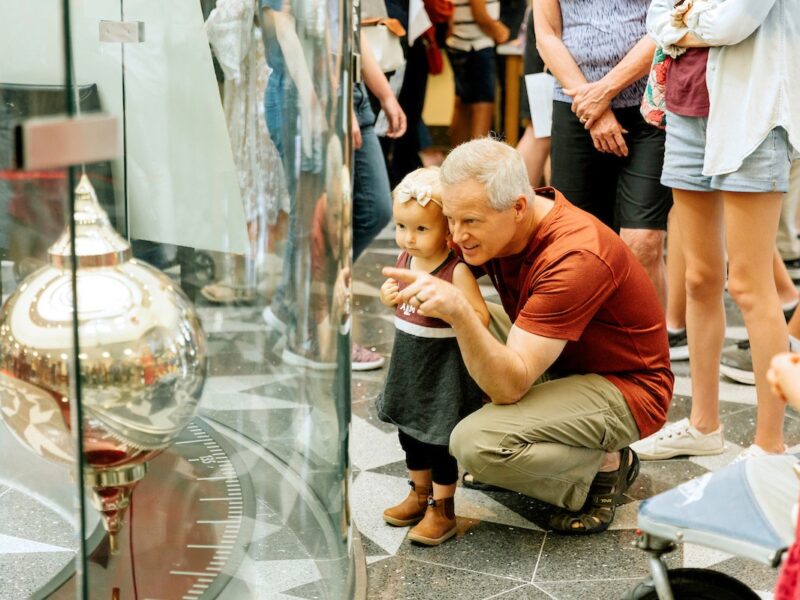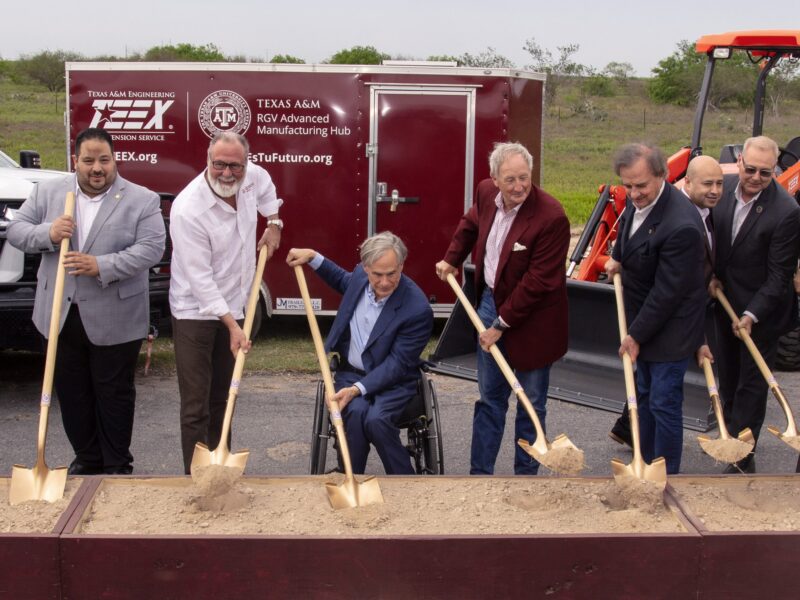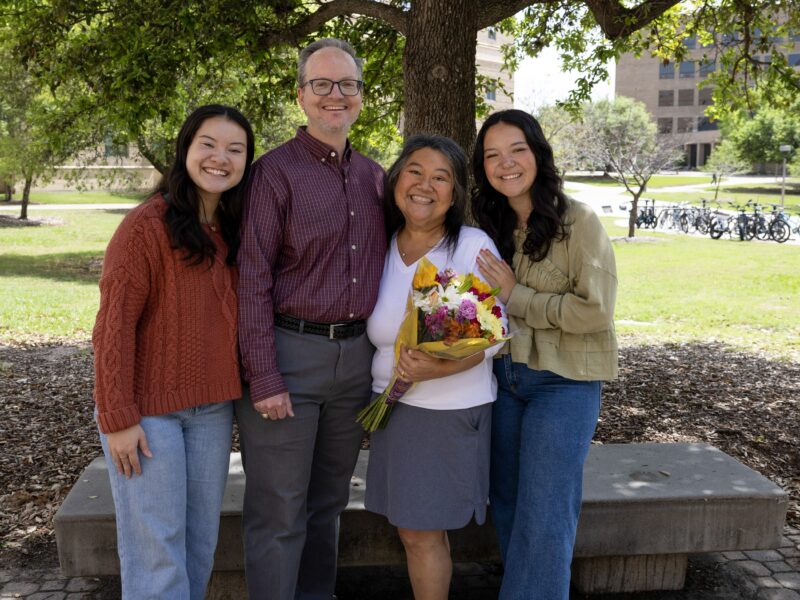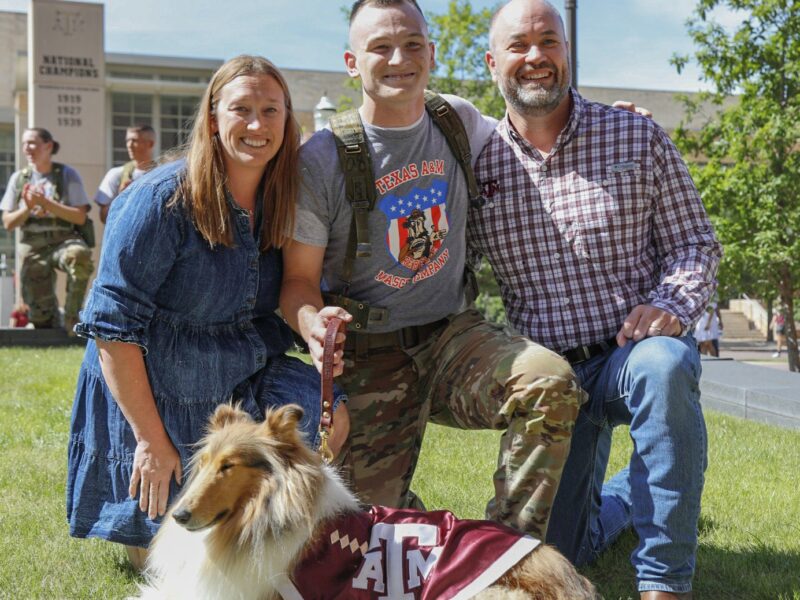Researchers To Combat Corrosion With Microorganisms
Corrosion is a significant issue, causing safety issues for critical infrastructure, including the oil and gas industry. According to the NACE International, the global economic cost of corrosion is estimated to be $2.5 trillion. The devastating impact of corrosion not only affects the environment and economy, but also significantly impacts the U.S. military.
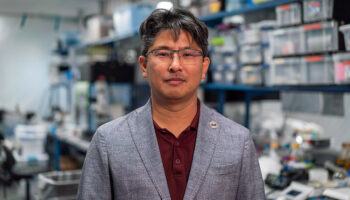
Dr. Arum Han from the Department of Electrical and Computer Engineering is leading a team of researchers from Texas A&M University, Tufts University and the University of Oklahoma on a project focused on combating microbiologically induced corrosion, especially corrosion affecting the United States Air Force fuel tanks. The project, titled “Microbes Achieve Resistance to MicroOrganism-influenced Rust (μARMOR): An Integrated Platform for Defeating Corrosion,” recently received an $11.61 million grant from the Department of Defense’s Defense Advanced Research Projects Agency (DARPA).
Corrosion has been a longstanding issue that many have tried to resolve through various mitigation and coating strategies, yet it remains unsolved. Further, mitigating microbiologically induced corrosion, which is specifically caused by microorganisms in nature, is no exception to this. Microorganisms exist everywhere — in soil, water, air, animals, plants and even inside of the human body. Because of this ubiquitous nature, along with the fact that so many different microbes exist in these environments, microbiologically induced corrosion is exceptionally difficult to prevent.
The goal of the μARMOR project is to reduce the negative effects of this type of corrosion by developing a new anti-corrosion coating material that is a biofilm composed of microorganisms. By modifying the natural corrosion-associated microbial biofilms found in corrosion sites, such as fuel tanks, to be non-corrosive, the living microbial coating will have the innate ability to survive in the natural environment while also maintaining resistance to invasion by corrosion-associated microorganisms.
In this strategy, the developed corrosion-resistant biofilm will not be genetically modified but rather will be a modified biofilm composed of existing microorganisms from this environment, making this strategy much more acceptable in broad ranges of applications.
During the first phase of this multidisciplinary project, the research team will develop anti-corrosion technology. During the second phase, they will demonstrate that the technology works in a realistic environment — a feat not easily accomplished with an opponent as transformative and adaptive as microorganisms.
A combination of highly innovative technologies will enable this strategy. To begin, the researchers will conduct computational modeling of how the corrosion-causing biofilms, as well as the developed corrosion-resistant biofilms, will behave under a variety of different conditions. In parallel, a large number of microfluidic testbeds that will provide a realistic simulated environment while allowing the biofilm behaviors to be monitored with high accuracy over time will be developed and utilized to generate the necessary data for the computational models to be highly predictive.
“Our microfluidic testbeds, each of which will include an array of sensors that can monitor both corrosion and microbial behaviors, can be utilized to conduct a large number of tests in a short period of time, greatly accelerating the development of the anti-corrosion strategy,” said Han, Texas Instruments Professor.
The project is funded by DARPA through the Texas A&M Engineering Experiment Station. Han has pioneered the area of high-throughput microfluidics for microbiology applications and will use his expertise to combat these corrosion issues, along with a large team of collaborators contributing to different aspects of this technology development and demonstration.
Dr. Arul Jayaraman, professor in the Artie McFerrin Department of Chemical Engineering and executive associate dean of the Texas A&M College of Engineering, will lead efforts in studying microbial corrosion, genomics and metabolomics. Dr. Paul de Figueiredo, professor at the Texas A&M School of Medicine, will lead the efforts in bacteriology.
Han, Jayaraman and de Figueiredo have collaborated closely for many years and conceived this transformative idea together. Joining the team are Dr. Xiaoning Qian, electrical and computer engineering professor who will lead efforts for the computational-scale modeling required for this project; Dr. Jason Gill, associate professor from the Texas A&M Department of Animal Science and the Center for Phage Technology (CPT); and Dr. Mei Liu, program director of the CPT.
Dr. Kyongbum Lee, professor of chemical and biological engineering and dean of engineering at Tufts University, and Dr. Jizhong Zhou, director of the Institute for Environmental Genomics at the University of Oklahoma, are also part of the team.
Media contact: Amy Halbert, ahalbert@tamu.edu
